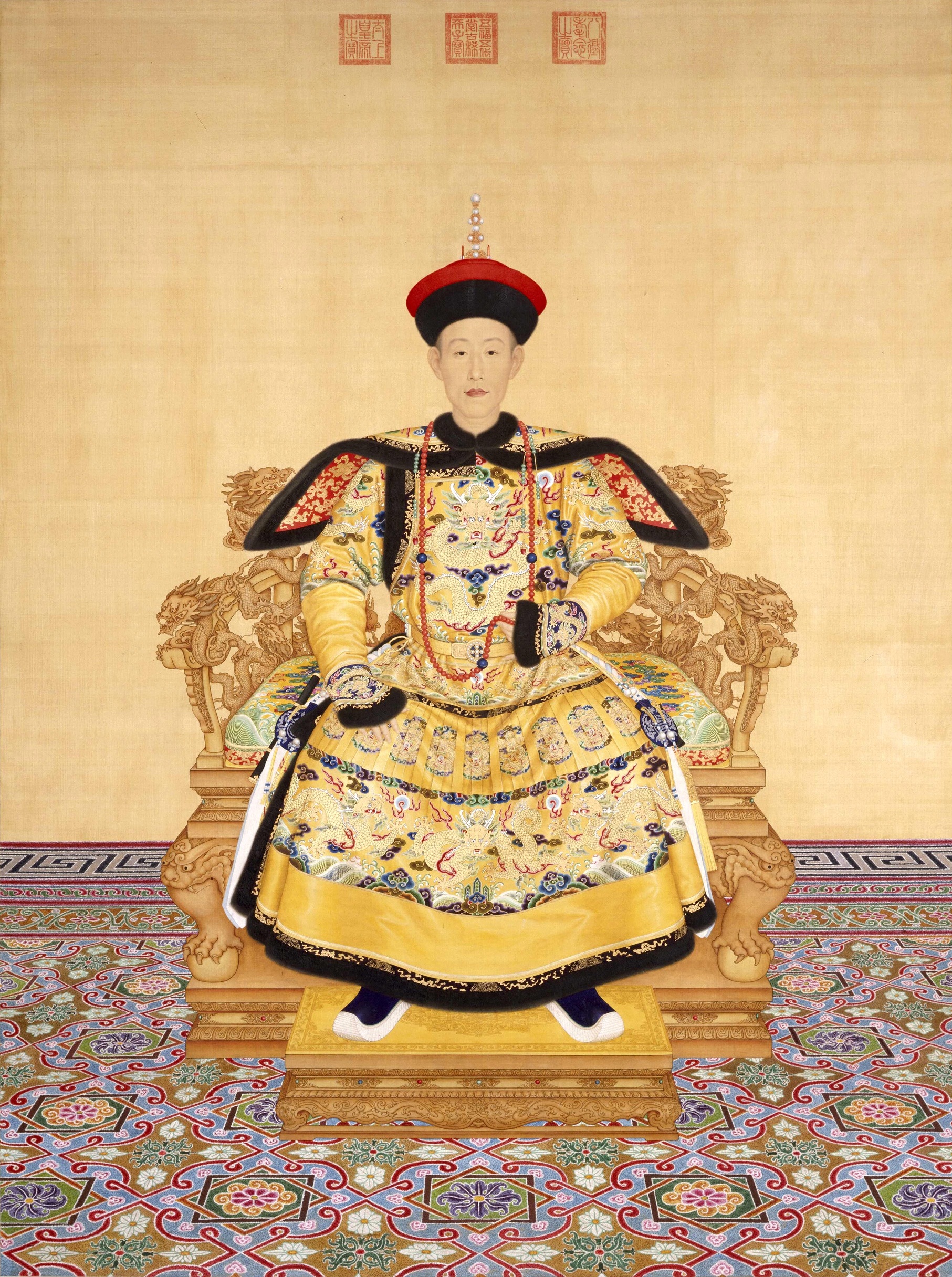
On this day over 200 years ago, the Qianlong Emperor died on February 7, 1799. One of the longest-serving emperors of the Qing dynasty (大清), Qianlong was born in 1711 and ascended to the throne at age 25.
An open-minded individual but a harsh disciplinarian, he led the conquest of what is now modern-day Xinjiang, expanding the empire into Central Asia as far as the Pamir Mountains, as well as into Outer Mongolia and other border regions with Russia. As a result of this growth, the empire now included people of various ethnicity and religions, creating ethnic tension that led to revolts in Shandong, Taiwan, and Gansu. There was also tension between the ruling Manchus and the primarily Han population.
Population and trade boomed, with Chinese merchants regularly travelling as far as southeast Asia. In 1793, the British Macartney Mission to expand trading opportunities was rejected by Qianlong and his court, foreshadowed future attitudes towards "foreign barbarians," and ultimately the downfall of the Qing Dyansty.
Qianlong officially stepped down from the throne in 1796 out of respect for his grandfather Kangxi, who's 61-year-reign is regarded as one of the most prosperous and stable periods in Chinese history. However, Qianlong continued to wield influence and power behind the scenes, allowing corrupt officials such as the infamous Heshen, whose total property was estimated to be worth the equivalent of 15 years of imperial revenue for the Qing government (1,100 million taels of silver) when he was finally prosecuted after Qianlong's death in 1799.
近代之耻,铭心刻骨。
ReplyDelete“话说天下大势,分久必合,合久必分”。《三国演义》
ReplyDelete古代时候,大清是大王,现在就是共产党!
我们不能重复清朝的错误。习近平新时代中国特色社会主义思想是我们的下一步。
人力资源和社会保障部支持现在习主席的说法和政策。